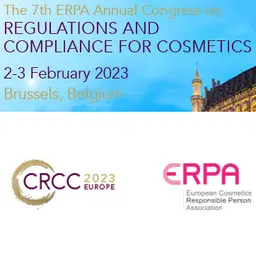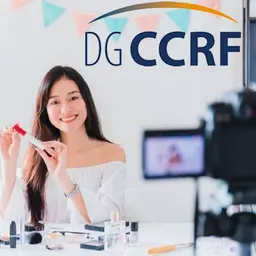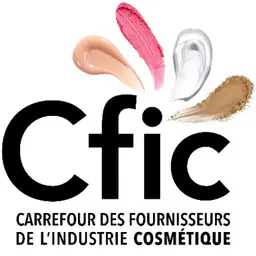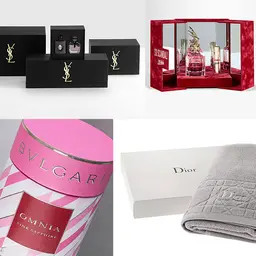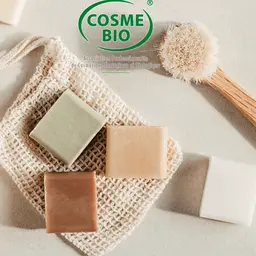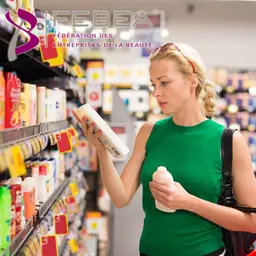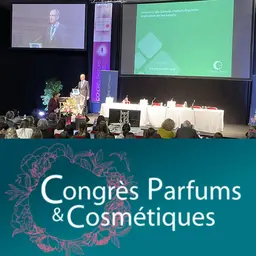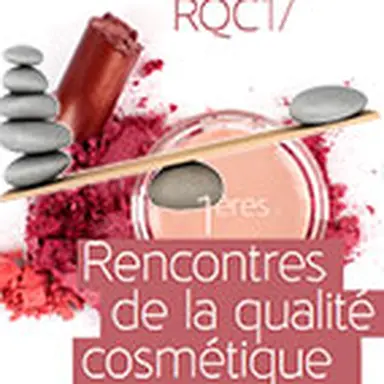
Measuring instruments are sensitive devices which are to be regularly inspected to meet legal metrology requirements, but also the quality requirements laid down in Good Manufacturing Practices. At the first Rencontres de la Qualité Cosmétique, a conference on cosmetic quality organized on March 30 by IFIS (French Training Institute for Healthcare Professionals) and FEBEA (French Federation of Beauty Companies), Jean-Pierre Guidot, QPEHS Audit Manager at L’Oréal, made an update on this issue.
To start off his presentation, Jean-Pierre Guidot emphasized the fact that he did not aim to be perfectly exhaustive on everything about metrology, but to provide an overview of what should be known in terms of quality when you are responsible for metrology in a cosmetics company.
Legal metrology vs GMP metrology
In France, legal metrology is controlled by the DGCCRF (French General Directorate for Competition Policy, Consumer Affairs, and Fraud Control), which defines the rules to guarantee the fairness of all commercial transactions related to measuring instruments and operations: in practice, as he explained, ‘if a manufacturer sells a 200 ml bottle, he must prove his bottle does contain 200 ml of product.’
Consequently, every measuring instrument used for commercial exchanges is subject to strict regulations. The DGCCRF has drafted a text to provide a framework for legal metrology: NOR : RNC141921X, ‘Guide de bonnes pratiques concernant les modalités du contrôle métrologique interne à réaliser par les emplisseurs et importateurs de produits emballés’ (Good practice guide on internal metrology control procedures to be performed by packers and importers of packaged goods).
Legal metrology also plays a role if the ‘e’ letter is affixed on a package, since it means the …

